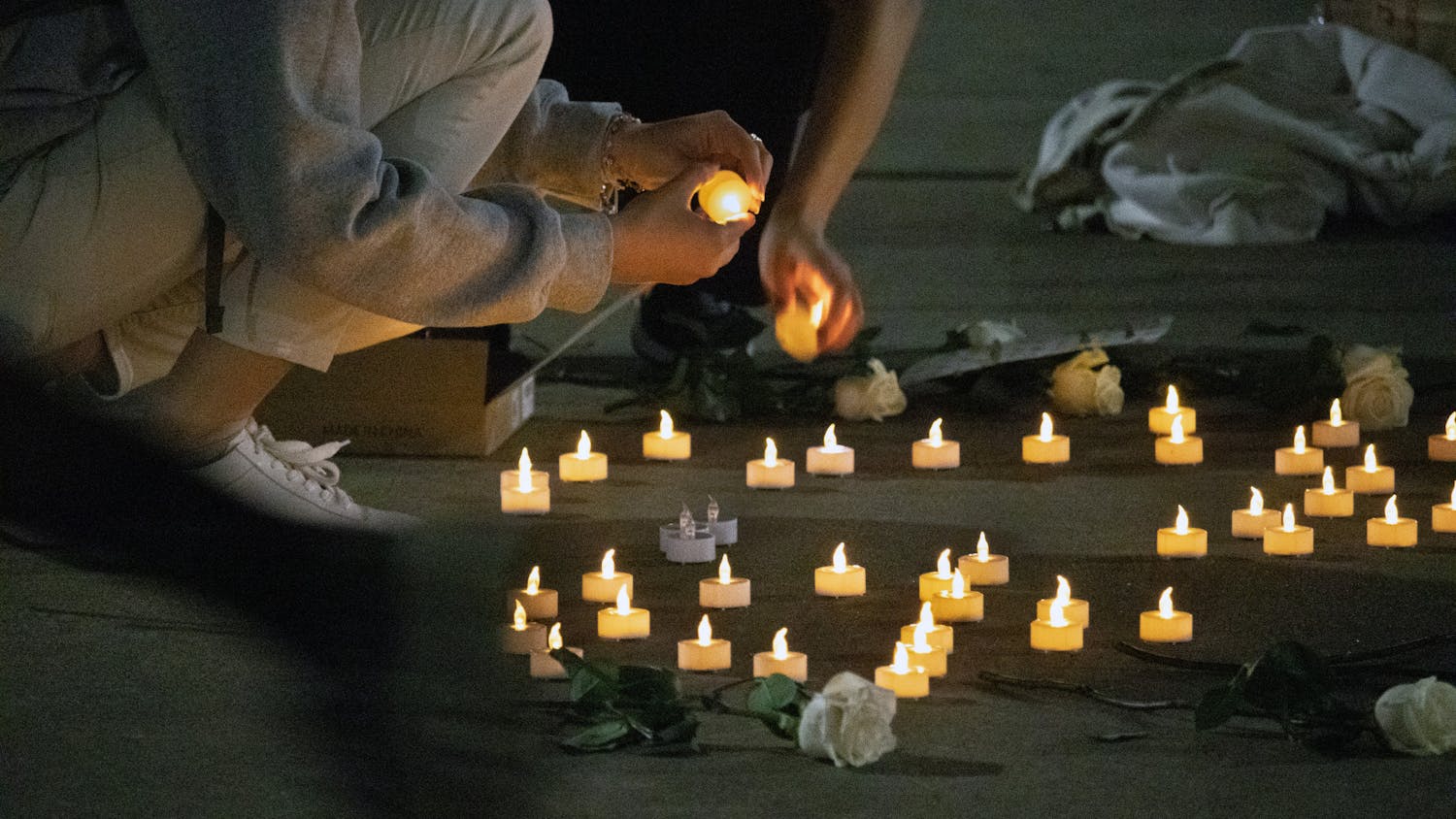Syria is rife with civil unrest. Many archaeological sites have been looted, museums are being damaged, and artifacts are being stolen. During times of war, cultural heritage is left defenseless. Islamic landmarks like the Umayyad Mosque, the old city of Aleppo and the Krak des Chavaliers — a crusader castle — have all been damaged by bombs and theft.
The Syrian government has assigned officials to look for the lost artifacts, although the number of objects that will actually be found cannot completely rectify the damage. What can be done to protect the people and their history? Well, this isn’t the first time history has encountered such a situation.
When most people think of Athens, they think of the glorious days of war victories, opulence, art, music and philosophy. Some may even think of the Parthenon, one of Greece’s greatest treasures. However, in the late 17th century, Athens was under siege by the Venetians.
The Parthenon was used by the Ottomans as a gunpowder store room, and despite its resilience, a fired mortar found the monument’s Achilles’ heel and blew up a good portion of the famous structure. Most of the well-preserved antiquities of Athens were looted or destroyed due to war and turmoil. By 1800, about half of the original sculptures were still standing.
In 1805, British ambassador Lord Elgin traveled to Greece and saw the dilapidated state of these once magnificent works of art and architecture. Attempting to preserve these pieces of art under the impression that Greece would not, he procured marble statues, legally paid for them and brought them back to Britain. Eleven years later, these marbles were acquired by the British museum and have remained on public display there since.
Greece, however, has something to say about that. Although Lord Elgin obtained these artifacts legally, Greeks believe these marbles really belong to them and should be returned to their country.
In 2009, the Acropolis Museum opened and showcased many of the Acropolis’ beautiful artifacts, including a running frieze sculpture from the Parthenon. The parts of the sculpture that remained in Greece are on display, yet there are several missing pieces, thanks to Lord Elgin’s acquisition.
The missing pieces remain in the British Museum.
There is no way, then, to appreciate these sculptures in their entirety; they are separated by about 2,000 miles.
Where should these sculptures be: Greece or Britain? Do the Greeks have the right to obtain the art of their past? If this holds true for Athens, then shouldn’t this hold true for all artifacts from all countries all across the world? Should the Louvre return all art that is not French? Should the Smithsonian give back all works that are not American?
Is the Wal-Mart idea of a museum — having everything in one place — completely unethical? Or is obtaining material culture from a country during its time of distress unethical?
Syria is currently in a delicate state in which its historical artifacts are being looted, taken, destroyed and illegally sold. Years down the line, would we see this as a betterment for human history, or is this the metaphorical rape of Syria’s cultural past?
UNESCO’s assistant director-general for culture Francesco Bandarin put it simply and beautifully to NPR: “Well, you see, we think that heritage is part of human life. It’s not a separate thing. Culture is part of human identity. Now if you take away heritage and identity to people, they’re really deprived of a very fundamental part of their humanity.”
[Rachel Kalisher is a UF anthropology and classics junior. Her columns appear on Tuesdays. A version of this column ran on page 6 on 2/11/2014 under the headline "Culture is a part of human identity"]





